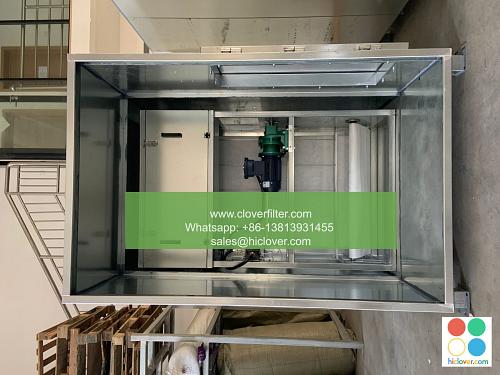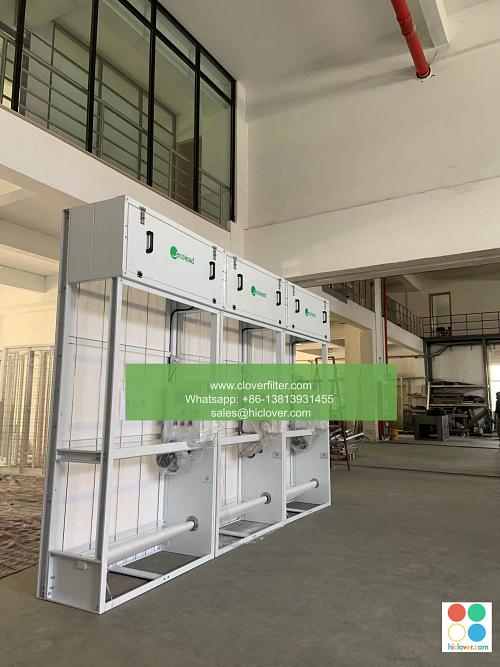How Far Behind Should It be Clean the Fridge To Save Energy as the Air F

As we continue to navigate the complexities of energy conservation, it’s essential to examine the often-overlooked aspects of household energy consumption. One such area is the humble refrigerator, which accounts for a significant portion of our daily energy usage. In this article, we’ll delve into the importance of cleaning the fridge to save energy, exploring the optimal cleaning frequency and its impact on your electricity bill.
Understanding the Impact of Fridge Cleaning on Energy Efficiency
A dirty fridge can increase energy consumption by up to 20%, which can lead to higher electricity bills and a larger carbon footprint. The accumulation of dust, dirt, and food residue on the fridge’s condenser coils and air vents can reduce its ability to dissipate heat, causing the compressor to work harder and consume more electricity.
How Often Should You Clean Your Fridge to Save Energy?
The frequency of fridge cleaning depends on various factors, including:
- Usage patterns: If you use your fridge extensively, you may need to clean it more frequently to maintain optimal energy efficiency.
- Food storage habits: If you store food with strong odors or high moisture content, you may need to clean your fridge more often to prevent the growth of bacteria and mold.
- Environmental conditions: If you live in an area with high humidity or temperatures, you may need to clean your fridge more frequently to prevent the buildup of condensation and ice.
- Restaurants: Regular fridge cleaning is crucial to maintain food safety and prevent the growth of bacteria and mold.
- Hospitals: Fridge cleaning is essential to prevent the spread of infections and maintain a sterile environment.
- Laboratories: Fridge cleaning is critical to maintain the integrity of scientific samples and prevent contamination.
As a general rule, it’s recommended to clean your fridge every 1-3 months, depending on your specific usage patterns and environmental conditions. This can help maintain optimal energy efficiency and prevent the growth of bacteria and mold.
Applications of Fridge Cleaning in Different Settings
The importance of fridge cleaning extends beyond household energy efficiency. In various commercial settings, such as:
In these settings, the frequency of fridge cleaning may need to be increased to ensure optimal energy efficiency and maintain a hygienic environment.
Conclusion
In conclusion, cleaning your fridge regularly is an essential aspect of maintaining energy efficiency and reducing your electricity bill. By understanding the optimal cleaning frequency and its impact on your fridge’s performance, you can take a significant step towards reducing your carbon footprint and promoting a sustainable lifestyle. Whether you’re a homeowner or a commercial operator, incorporating regular fridge cleaning into your routine can have a significant impact on your energy consumption and contribute to a more energy-efficient future.
It looks like you didn’t include a prompt. Could you please provide more details or specify what you would like to talk about or ask? I’m here to help with any questions or topics you have in mind!


